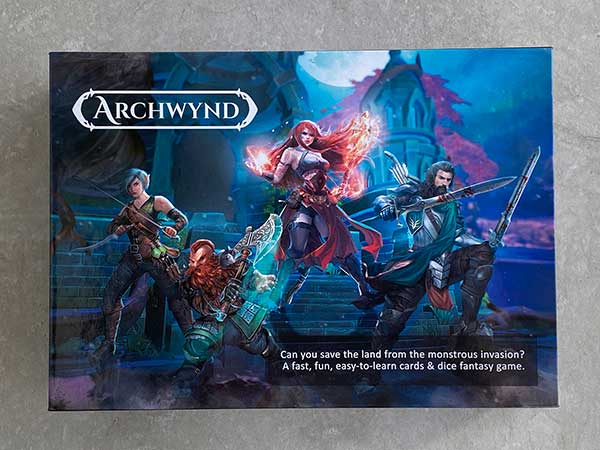If you’re new to role-playing games (RPGs), it can be daunting until you get the hang of it—but don’t worry, once things start to make sense you’ll be having fun!
RPGs are as varied as one can imagine, so there isn’t a one-size-fits-all list of rules. With that said, here are some tips about general principles that are likely to serve you well.

Tip 1): Let’s Start with Your Choice of Game
First and most obvious, you’ll need to pick a game. Let’s break this down by time commitment: are you looking for a game you can play in a single session, or something that you can play with a group on an ongoing basis?
Single Session
Single session games are perfect for get-togethers and parties. Take the game Dust Devils, for example, an Old West-themed card-based RPG you can play with a deck of playing cards, some poker chips, and pen and paper.
If fantasy is your thing, give Archwynd a try. It has mechanics that are similar to Dungeons & Dragons (D&D), as well as Exploding Kittens-style card-based mechanics for controlling gameplay.
Multiple Sessions
If you’re looking for a multiple-session, ongoing game, try Pathfinder, D&D, or one of the other tabletop RPGs, such as Numenera or Conan: Adventures in an Age Undreamed Of.
One way to ease into role-playing is through RPG card games, which provide structured choices, built-in encounters, and progression without requiring extensive rulebooks or preparation.
Tip 2): Let’s Talk About Roles
Role-playing games are called that for a reason: when you play an RPG, you are taking on a role in the game.
In classic tabletop RPGs such as Dungeons & Dragons (D&D), Pathfinder, and Vampire: The Masquerade, your role is a specific character, and you’ll most likely want to invest a significant amount of time in creating your character.
For these games specifically, there are numerous choices to make about character traits and abilities that will affect the mechanics of game-play. If you find yourself feeling a sense of paralysis, don’t overthink it: just choose something that sounds fun, and plan to learn as you go.
With card-based RPGs like Magic: The Gathering or Pokémon: Battle Academy, your role is that of a player who deploys different game assets. In Magic, for example, these include spells, conjured creatures, “land” cards, etc.
Tip 3): What Are Your Objectives?
Different games will obviously have different objectives, and in some games you’ll have more immediate objectives—get cards for special abilities, for example—that will help you to handle longer-term, ultimate objectives, i.e. survive.
For example, if you play Pathfinder or D&D, your character may have an objective that your dungeon master (DM) provides in a given scenario.
Maybe your party agrees to a quest to find a person who went missing in an isolated village. But along the way, you get attacked by a variety of monsters, and you have to use your weapons and powers to survive.
In Archwynd, your ultimate goal is to survive to the end, since the last player standing wins.
You can draw cards for weapons, armor, magic, and special abilities that can alter the flow of play—and even allow you to steal cards from other players.
Once you think about the game in terms of objectives, things will start to become clearer as you learn to see items in the game, other players, and other characters or elements of the game as helping you or hindering you.
All of that to say, when it comes to RPGs, there’s no substitute for learning by doing. Chances are good you’ll pick up a lot as you play the game. Have fun!
